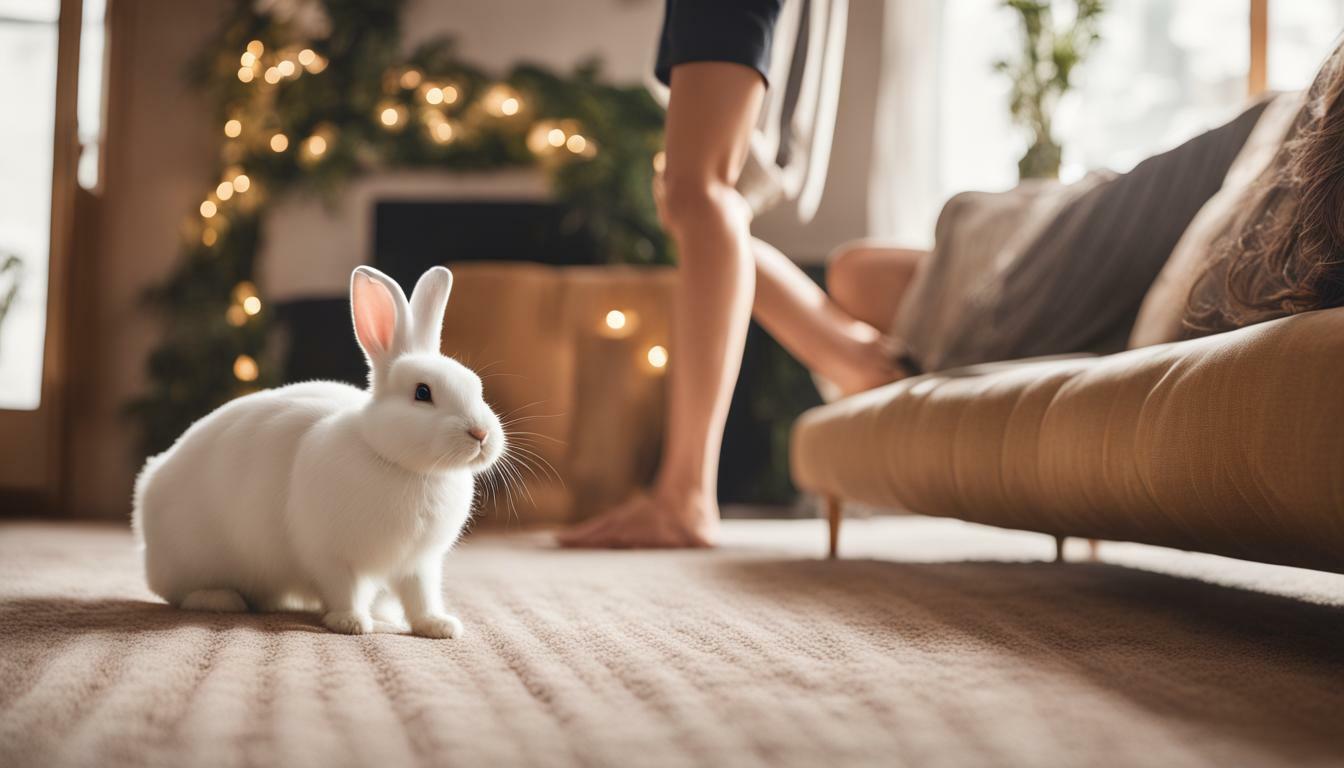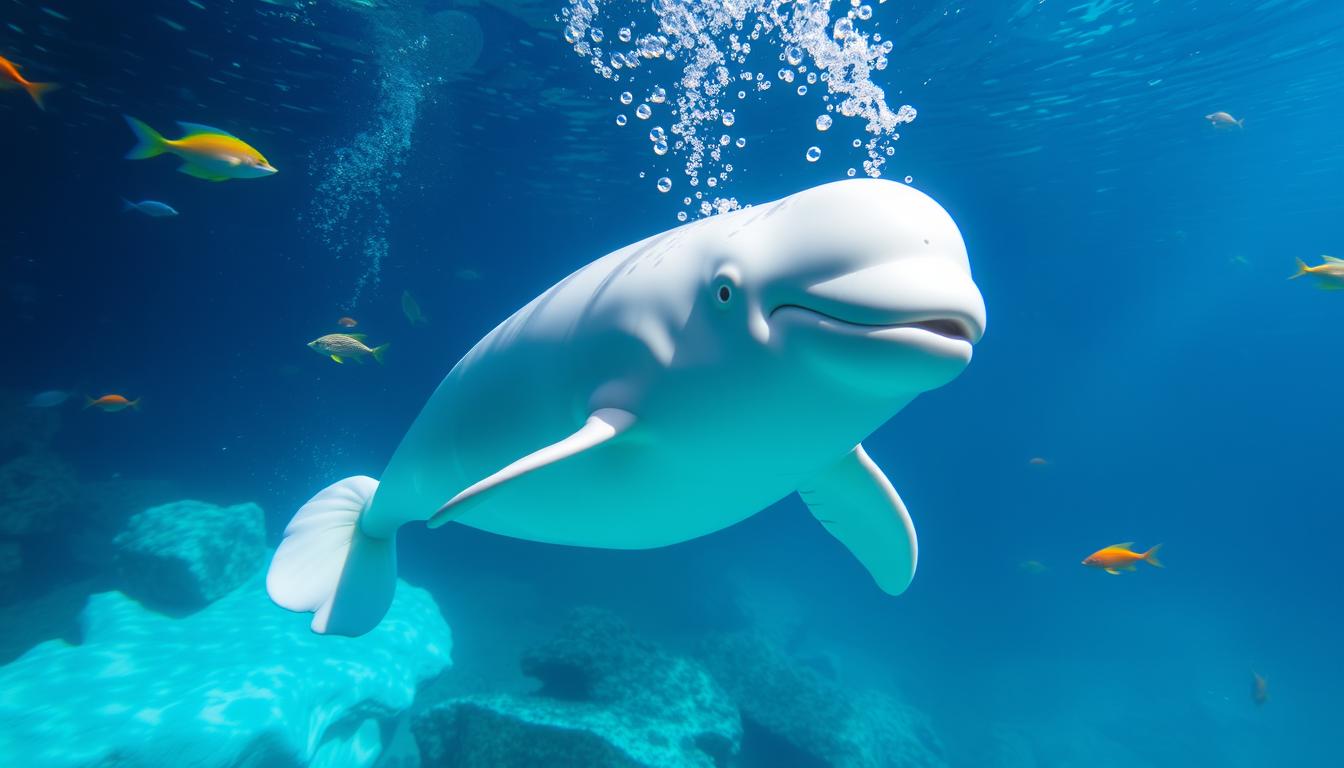Can Parrots Eat Dragon Fruit?

Table of content:
- Is Dragon Fruit Safe for Parrots?
- What Are the Benefits of Feeding Dragon Fruit to Parrots?
- How Much Dragon Fruit Can I Feed My Parrot?
- Should I Peel Dragon Fruit Before Feeding It to My Parrot?
- Can Parrots Eat the Seeds and Skin of Dragon Fruit?
- Does Dragon Fruit Have Any Nutritional Value for Parrots?
- Will Dragon Fruit Hurt or Poison My Parrot?
- What is the Best Way to Introduce Dragon Fruit to My Parrot’s Diet?
- How Often Can I Offer Dragon Fruit as a Treat to My Parrot?
- Final Thoughts
Dragon fruit, also known as pitaya or hylocereus, is a tropical fruit that has become increasingly popular in recent years. This exotic, vibrantly colored fruit is packed with nutrients and antioxidants that can offer potential health benefits for humans. But can our feathered friends also enjoy dragon fruit?
Is Dragon Fruit Safe for Parrots?
Many parrot owners wonder, “Is dragon fruit safe for parrots?” This is an important question to answer before offering any new foods to your bird. In general, most species of parrots can eat dragon fruit in moderation as part of a balanced diet. Dragon fruit flesh and seeds are not toxic to parrots.
However, some parrots may have sensitivities or allergies to certain fruits. It’s always best to consult your avian veterinarian before introducing new foods. Your vet can provide guidance based on your parrot’s size, species, age and health history.
Here are some things to consider regarding dragon fruit safety for parrots:
- Allergy Risks: Some parrots may be allergic to dragon fruit, especially those prone to fructose malabsorption. Signs include gastrointestinal upset.
- Choking Hazards: Dragon fruit flesh, seeds and peel could pose risks for choking or intestinal obstruction. Always peel and chop into bite-sized pieces.
- Pesticides: Wash thoroughly to remove any pesticide residues. Opt for organic when possible.
- High Sugar Content: Too much can cause obesity and other health issues. Feed dragon fruit in moderation.
So, while dragon fruit is generally safe for parrots, some precautions are needed. Slowly introduce small amounts and watch for any adverse reactions.
What Are the Benefits of Feeding Dragon Fruit to Parrots?
When fed properly, dragon fruit can provide some excellent nutritional value for parrots. Here are some of the main benefits this tropical fruit can offer:
- Vitamin C: Dragon fruit is high in vitamin C, an essential nutrient for immune health and antioxidant activity.
- Fiber: The flesh and edible seeds provide dietary fiber to support digestive health.
- Antioxidants: Dragon fruit contains beneficial carotenoids like lycopene and betalains. These antioxidants can reduce inflammation.
- Lutein: This carotenoid found in dragon fruit promotes eye health.
- Hydration: The flesh has a high water content to help with hydration.
- Variety: Dragon fruit can add variety to your parrot’s diet. A diverse diet is ideal for balanced nutrition.
The exact nutritional components will vary slightly among the different dragon fruit varieties. But they all pack a nutritious punch of vitamins, minerals and beneficial plant compounds.
How Much Dragon Fruit Can I Feed My Parrot?
When offering any fruit, moderation is key. Limit dragon fruit to occasional treats. About 1-2 times per week is sufficient in most cases. Here are some feeding guidelines to follow:
- Start with just a few small bites at first to watch for any signs of an allergic reaction.
- For small parrots, a couple 1-2 inch pieces twice a week is plenty.
- Medium parrots can have 1-2 tablespoons cut into pieces per serving, 1-2 times weekly.
- For large parakeets, 2-4 tablespoons a couple times a week is appropriate.
- Big parrots like macaws can handle up to half a cup a few times a week.
- Always watch your parrot’s overall fruit intake. Fruits should not exceed 15% of total diet.
- Offer more vegetables, pellets, seeds and healthy proteins.
These serving sizes for dragon fruit flesh depend on your parrot’s size and needs. Use your best judgment and monitor your bird’s overall fruit consumption.
Should I Peel Dragon Fruit Before Feeding It to My Parrot?
Dragon fruit has a tough, spiky pink or yellow outer peel. The inner flesh is the only edible part for parrots. The flesh and seeds are safe, but avoid feeding the peel or skin.
You can feed dragon fruit in a few ways:
- Peel and chop the flesh into bite-size pieces. This is the easiest method.
- Blend or puree peeled dragon fruit into a paste to spread over pellets or chop into a “mash.”
- Some parrots enjoy whole chunks or halves to nibble the flesh off the seeds/skin. Monitor carefully as this can increase choking risks.
No matter how you serve it, always be sure to peel off the outer skin first. Discard the peel as it could present a choking hazard or contain small amounts of oxalates that can bind minerals.
Can Parrots Eat the Seeds and Skin of Dragon Fruit?
Inside the white or red dragon fruit flesh, you’ll find many tiny black edible seeds. The flesh is actually part of the fruit’s skin.
The seeds of dragon fruit are safe for parrots to eat. They provide extra fiber, protein and fat.
However, the outer skin should not be consumed. While small amounts of the red/white inner skin are fine, peeling the fruit first is ideal.
The outer skin is harder to digest and contains oxalic acid. If eaten regularly, oxalates can prevent absorption of calcium and other minerals.
So offer your parrot only the soft inner flesh and seeds. Avoid feeding the outer peel or skin of dragon fruits.
Does Dragon Fruit Have Any Nutritional Value for Parrots?
As mentioned earlier, dragon fruit is packed with beneficial nutrients. The exact nutritional makeup varies slightly among red, yellow and white pitaya varieties.
But most provide a good supply of:
- Vitamin C – Supports immunity and organ function
- Lyocpene & Betalains– Antioxidant pigments with anti-inflammatory effects
- Fiber – Improves digestion and heart health
- Calcium – Essential for strong bones and nerves
- Magnesium – Benefits muscles, nerves and immune system
- Iron – Needed for blood cell production
- Phosphorus – Important for energy production
Dragon fruit also contains smaller amounts of B vitamins, omega fatty acids, polyphenols, carotenoids and protein. All of these nutrients can contribute to better all-around health for your parrot when consumed in moderation.
Will Dragon Fruit Hurt or Poison My Parrot?
As mentioned earlier, most species of parrots are able to safely eat dragon fruit flesh, seeds and skin in moderation. Significant adverse effects are rare, but some risks do exist:
- Allergic Reactions: Gastrointestinal upset, itchy skin, swelling. Discontinue use if any reaction occurs.
- Choking or Obstruction: Only feed peeled, chopped pieces to minimize this risk.
- Diarrhea: Due to high sugar and water content. Limit fruit intake.
- Nutritional Deficiencies: Fed excessively, dragon fruit could lead to deficiencies in protein, amino acids, etc.
- Toxicity: No evidence shows dragon fruit is toxic to parrots. Oxalates in the skin are only problematic if eaten frequently.
Your parrot is unlikely to experience poisoning or life-threatening harm from occasional small servings of dragon fruit flesh and seeds. But any adverse reaction warrants discontinuing use.
What is the Best Way to Introduce Dragon Fruit to My Parrot’s Diet?
The key is to go slow with introductions of any new food, including exotic dragon fruit. Here are some tips:
- Start with just a few bites of dragon fruit. Observe for at least 24 hours.
- Gradually increase serving size over a period of 1-2 weeks.
- Combine with familiar foods at first for easier acceptance.
- Offer new foods separately from main meals initially.
- Chop dragon fruit flesh into bite-sized pieces to prevent choking.
- Use fresh, ripe, organic dragon fruits when possible.
- Make sure plenty of your parrot’s regular pellets, veggies and proteins are still provided.
- Watch for signs of an allergic reaction or sensitivity. Discontinue use if these occur.
- Consult your avian vet if you have any concerns about integrating dragon fruit.
With patient introductions, most parrots can start to enjoy dragon fruit as an occasional component of a diverse, nutritious diet.
How Often Can I Offer Dragon Fruit as a Treat to My Parrot?
Dragon fruit should only be an occasional treat, not a daily staple. Here are some general guidelines on frequency:
- In most cases, offering dragon fruit 1-2 times per week is appropriate for a treat.
- Very small amounts can be given 2-3 times weekly at the most.
- Larger serving sizes, a few times a month, are fine too.
- Avoid giving any fruit daily as it can lead to nutritional imbalances.
- Monitor your parrot’s overall fruit consumption from all sources. Total fruits should equal no more than 15% of diet.
- Pay attention to your parrot’s weight, droppings, behavior and health on their current diet. Increase or decrease dragon fruit based on these factors.
- Offer more nutritious veggies, pellets and leafy greens as the bulk of diet. Dragon fruit is just a supplementary treat.
In the end, each parrot has individual nutritional requirements. Work with your avian vet to determine the ideal diet and treat schedule for your bird’s needs.
Final Thoughts
Dragon fruit can be a safe, healthy occasional treat for most parrots when introduced properly. Its high fiber, water content, antioxidants and vitamins can provide some great nutrition.
However, no single food should make up a large portion of any parrot’s diet. A wide variety of wholesome foods, plus vet-approved pellets, seeds and supplements are vital for a balanced diet.
Always monitor your parrot closely when offering new foods like exotic dragon fruit. Allergies or sensitivities are possible. Discontinue use at the first signs of any reaction. With some prudence and moderation, this colorful tropical fruit can be part of your parrot’s overall dietary health and enjoyment!
Welcome. I’m Adreena Shanum, the proud owner of this website, and I am incredibly passionate about animals, especially poultry. I founded adreenapets.com as a labor of love, stemming from my desire to share my knowledge and experiences with poultry enthusiasts worldwide.




